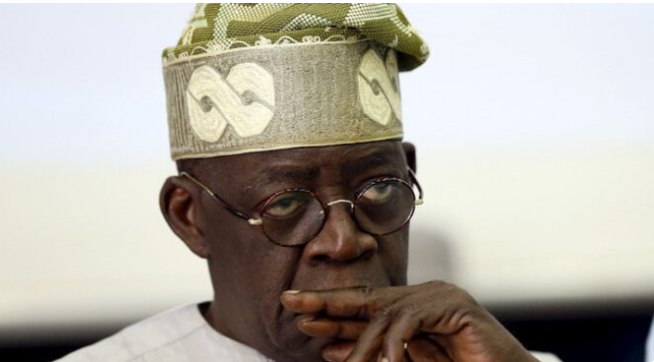When Nigeria inherited its civil service from the British, it was designed as the backbone of governance efficient, accountable, and stable enough to guarantee smooth administration regardless of political change. Decades later, that noble vision has been consumed by a culture of graft so entrenched that the very institution meant to protect the state has instead become one of its biggest liabilities.
The chairman of the Economic and Financial Crimes Commission (EFCC), Ola Olukoyede, recently drew attention to a sobering reality: the depth of corruption in Nigeria’s public life cannot be understood without looking at the civil service. According to him, career civil servants, not just politicians, are responsible for the largest volume of stolen funds.
“Political appointees come and go,” he remarked, “but these civil servants remain embedded, powerful, and indispensable to almost every corrupt deal.” In effect, the system’s continuity has become a weapon used to shield theft, frustrate reforms, and outlast political administrations.
The Independent Corrupt Practices and Other Related Offences Commission (ICPC) has, over the years, uncovered procurement frauds, frozen suspicious bank accounts, and secured convictions against officials who manipulated contracts for personal enrichment. In Abuja, entire neighborhoods testify to this rot: mansions and estates quietly owned by directors, permanent secretaries, and procurement officers whose official salaries could never fund such wealth.
The schemes are depressingly familiar contract inflation, forged procurement papers, bribery demands for basic services, ghost workers, and pensions siphoned off through fictitious names. Each tactic bleeds public resources meant for hospitals, schools, and infrastructure, leaving ordinary citizens trapped in underdevelopment.
Nigeria has not ignored the crisis. From President Obasanjo’s reform drive in the early 2000s introducing downsizing, monetisation of benefits, and creating agencies like the ICPC and EFCC to the passage of the Public Procurement Act in 2007, governments have repeatedly tried to clean the system. Yet, the results remain cosmetic.
The problem is not merely the law but the will to enforce it. Politicians often rely on the same bureaucrats to execute shady deals, and so genuine reform threatens entrenched interests on both sides. The result is paralysis where corruption is acknowledged but rarely punished with finality.
The consequences extend far beyond missing billions. When salaries are stolen, hospitals collapse; when pensions vanish, old age becomes a nightmare; when school projects are inflated, classrooms never appear. Corruption in the civil service is not an abstract crime it is the silent destruction of the Nigerian state’s capacity to serve its people.
While some argue that poor pay and inadequate pensions encourage corruption, such excuses collapse under scrutiny. No remuneration can justify the scale of theft that cripples an entire nation’s development.
The reality is stark: anti-corruption agencies are overwhelmed, often facing defendants who use their influence to hire the best lawyers, intimidate witnesses, or delay trials endlessly. Without political courage and collective public pressure, corruption within the civil service will remain the elephant in the room untouched and untouchable.
What Nigeria requires is an emergency national campaign one that goes beyond surface reforms and builds an unyielding culture of accountability. Civil servants must be reminded that their calling is service, not self-enrichment. Until that happens, the dream of national progress will remain hostage to a bureaucracy designed to serve itself first.
Source: DailyTrust



